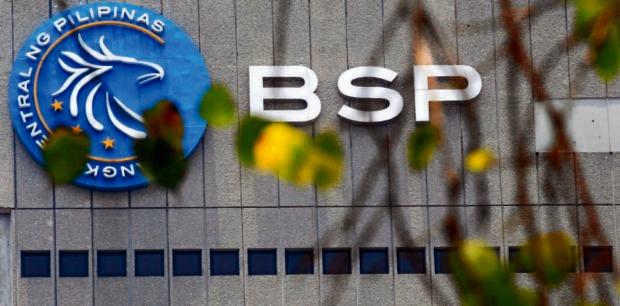The central bank will closely monitor the local labor market to ensure that wage levels attain an equilibrium of promoting productivity while helping maintain the inflation rate in check.
Thus said Bangko Sentral ng Pilipinas (BSP) Governor Benjamin Diokno at the weekend as he stressed the agency’s mandate of promoting price stability amid “evolving wage dynamics” and its ability to influence the rise in prices. “The country’s low and stable inflation and calibrated wage adjustments over the past few years are a testament to the careful and steady collaboration between the BSP and the wage boards,” he said in an online briefing. “The BSP serves as a resource institution in the regional wage boards, providing information on inflation, other key macroeconomic trends, and the impact of wage decisions on inflation. Our aim is to help provide guidance in the minimum wage determination,” he added. “In view of this, the BSP will continue to actively participate in discussions on wage policies.”COVID-19 had a direct impact on the economy, as lockdown restrictions and other measures implemented to curb the spread of the virus left a lot of Filipinos unemployed. While unemployment and underemployment are on the decline, there is still a lot of scope to improve labor market conditions for the sector to fully adjust and recover from the pandemic.
In general, central banks monitor the relationship between labor market outcomes, wage dynamics and inflation. In particular, the pandemic has had a large impact on the labor market landscape, such as the reduced in-person interactions in industries coupled with the rise of digitalization and automation of jobs around the world.
Accommodative policy
Changes in labor market outcomes are likely to influence productivity and wage adjustments, in particular, how wages will vary across sectors and how fast wages will increase going forward. The BSP chief said the agency’s monetary policy assessment takes into account conditions in domestic demand and the labor sector.
The central bank recognizes the importance of micro, small and medium enterprises (MSMEs) in generating employment and economic activity. To this end, the BSP continues to allow bank lending to MSMEs be counted as an alternative compliance to a bank’s reserve requirements.
“The BSP is of the view that enabling policies catered on promoting a long-term, sustainable, and inclusive economic growth and productive employment are critical as we exit the pandemic,” Diokno said, adding that changes in labor market brought about by COVID-19 will continue to drive wage dynamics in the near term. Meanwhile, the central bank chief said the agency would continue to maintain the accommodative monetary policy measures, as long as necessary to aid the recovery of the economy. INQ
